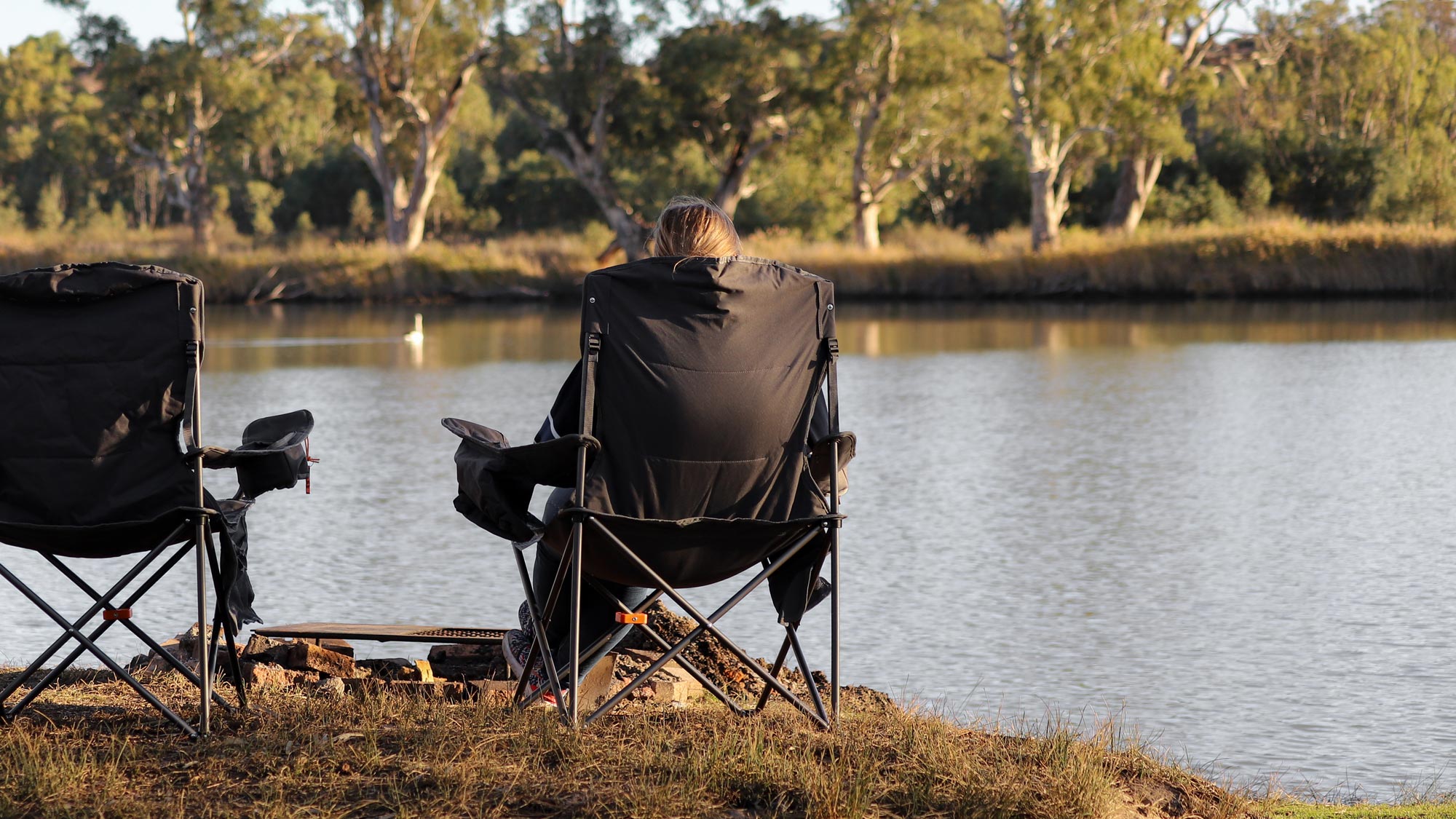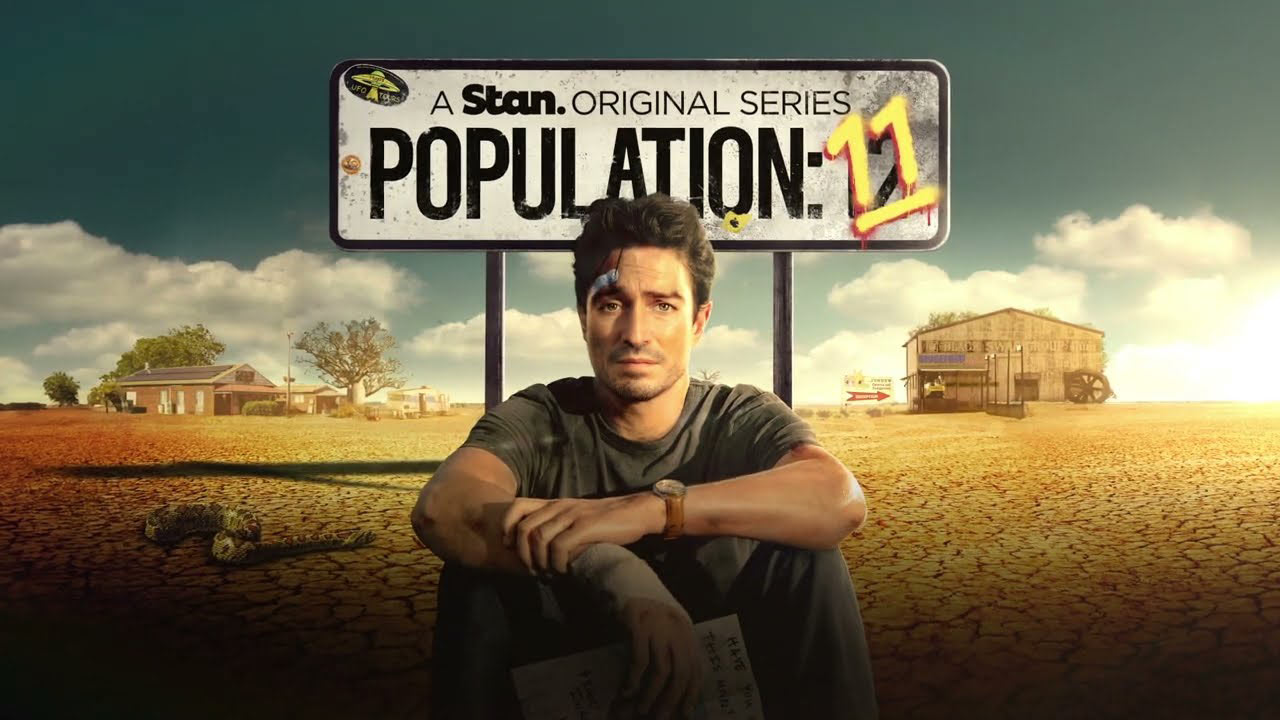Subscribe
Following a period of public consultation, farmers and environmentalists are welcoming new riverfront camping regulations, even though they fall short of delivering on an election promise
As one of the Victorian Government’s 2018 election promises, new Regulations came into effect on 1 September 2021 to allow waterfront camping in Victoria. However, in response to more than 1000 submissions from a range of stakeholders (including submissions made by us for our farmer clients), the draft proposed legislation has been scaled back massively and now licensed areas cannot be used for camping.
Draft proposal vs. final regulations
In 2018, the Victorian government proposed changes to the Land Act to remove the prohibition of camping on licensed waterfronts. The proposed changes posed some impossible challenges for land owners and farmers from an environmental, biosecurity, legal, and financial perspective.
We consulted with livestock farmers earlier this year and made submissions to the government to scale back some of their proposed amendments in order to reduce the significant risk posed to farmers, livestock, and the environment.
The result:
Final Regulations | ||||
Activity | 2018 Government Proposal | Licensed waterfronts with designated camping areas | Licensed waterfronts with no designated camping areas | Unlicensed waterfronts |
Camping near private properties | 100 metres | 200 metres | No camping | 200 metres |
Length of stay | 28 nights | 14 nights | No camping | 28 nights |
Waste disposal | Must be buried at least 50 metres from waterway | Buried at least 100 metres from waterway | Buried at least 100 metres from waterway | Buried at least 100 metres from waterway |
Portable toilets | Permitted | 50 metres from waterway | 50 metres from waterway | |
Firewood | ½ cubic metre per day | No firewood collection permitted | No firewood collection permitted | No firewood collection permitted |
Campfires | Permitted unless in area under cultivation or with riparian improvement works | Only permitted in some designated camping areas | Not permitted | Not permitted |
Dogs | Permitted if on leash or gundogs | No animals permitted except gundogs crossing | No animals permitted except gundogs crossing or gundogs if hunting with licence | Dogs permitted |
What is the impact of the changes to riverfront camping regulations?
The changes to the draft legislation address some of the main concerns raised for farmers and the environment including:
- No camping on areas set aside for cattle grazing
- The risk of bushfires is reduced with campfires only allowed in limited circumstances
- Water contamination and the spread of disease is less likely with campers required to bury their waste at least 100 metres from the waterway
- Prohibiting dogs (except for gundogs) limits the risk of stock and property damage
- Camping occurring further away from private properties provides farmers with some comfort in respect of potential security and trespassing issues
The Land (Regulated Watercourse Land) Regulations were finalised on 1 September 2021, but the designated camping sites are yet to be announced. We expect them to be listed on the Department of Environment, Land, Water and Planning (DELWP) website once various owners have been consulted.
What next?
While this is considered a win for farmers, we will be monitoring the roll-out of this legislation as new designated camping areas are announced, and the practicalities of this legislation are put to the test.
We urge farmers to review their licenses, especially those with short terms or upcoming expiry and upgrade signage where appropriate. Given the greater flexibility for camping and other recreational activities on unlicensed waterfronts, it is possible that the government may not renew current licenses when they expire (in full or part) to open up more unlicensed land for public use.
Our recommendations
- Seek to install ‘no trespassing’ signs or ‘licensed land – camping prohibited’ signs at appropriate locations on private property
- Upgrade security monitoring on areas of concern, for example farm entry and exit points
- Keep a close eye on the designated camping sites on the DELWP website
- Review and diarise expiry dates of licenses
- Proactively negotiate long-term licences
The final word
The pivot from the 2018 draft legislation is a welcome one for farmers and environmentalists. However, these new changes still expose farmers, livestock and the environment to potential risk. The best way to address and mitigate these risks is to have a robust farm risk policy in place, as well as a long-term licence.
If you need assistance preparing policies or negotiating licences with DELWP, please contact our Property Principal Andrew Power or Senior Associate Alexandra Shaw, or contact one of our offices in Melbourne, Benalla, Mornington or Williamstown.
DISCLAIMER: We accept no responsibility for any action taken after reading this article. It is intended as a guide only and is not a substitute for the expert legal advice you can receive from marshalls+dent+wilmoth and other relevant experts.
Subscribe




